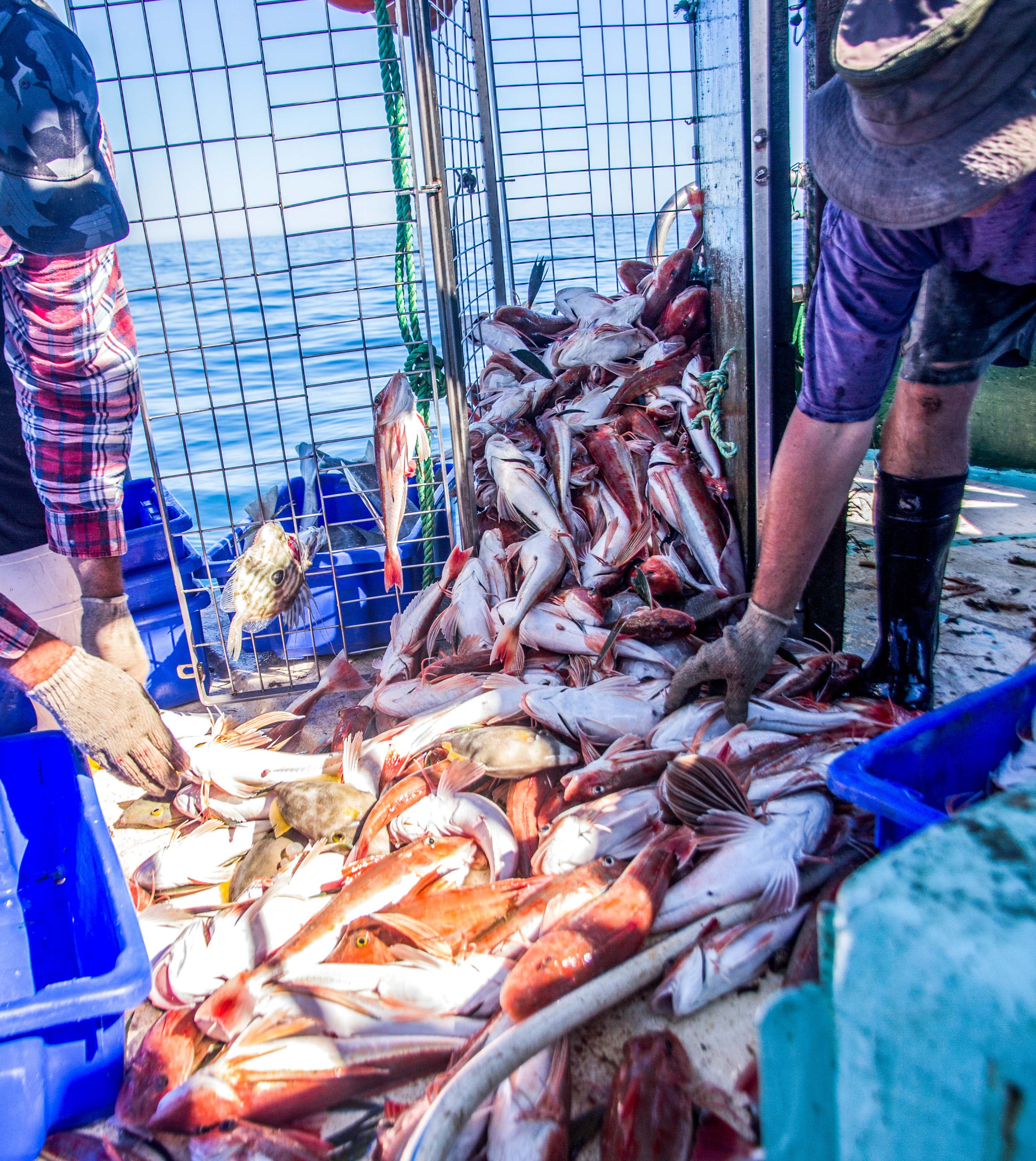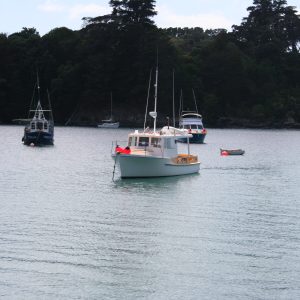Let’s get real, LegaSea is not anti-commercial fishing. We want small-scale, low impact commercial fishing to be successful. LegaSea is against the Quota Management System and an inadequate Fisheries Act that fails to protect our fish stocks for future generations.

Far from being innovative, over the past 30 years the QMS has been a backward step into feudal times. Quota landlords now hold all the power, the middlemen clip the ticket, and the fishermen doing the hard yards only earn a fraction of what the fish is worth. This encourages bulk harvesting so fish can be caught quickly, irrespective of the impacts.
It also means quota holders use their influence to ensure maximum catch levels are maintained, even when professional skippers on the water are adamant that fish stocks are depleted. Time and again we end up with the Minister of Fisheries, Stuart Nash, satisfying commercial demands while environmental concerns remain.
So, we have a poorly managed Quota Management System and inadequate legislation that enables excessive commercial catches. In addition, we have powerful, largely unseen forces that prevent the application of existing legislative tools to prohibit the use of destructive bulk harvesting methods that deplete fish stocks and destroy prime fish habitat in inshore waters.
To increase abundance we must ban bottom trawling and bulk harvesting fishing methods from inshore waters.
Banning trawling and dredging from inshore waters will enable seabed organisms to regrow, providing shelter and a vital food source for small fish. Banning seining inshore will help surface schooling fish to flourish, thereby supporting threatened seabird populations. These changes would increase productivity, which is important as our marine waters become stressed by so many inputs.
Restoring productivity and abundance also means fish will be easier to catch. This is a good outcome for all fishers.
From a commercial perspective having more fish available in inshore waters means lower catching costs and higher returns for less effort. That is because it will take less time to catch the required amount of fish and commercial fishers can operate closer to home.
Abundance will encourage the development and use of more selective, environmentally friendly techniques such as long lining and trapping. This will deliver quality, fresher fish to local communities and those willing to pay premium export prices.
It will also help to revive our once-thriving regional ports and economies. Every truck load of fish that disappears to the larger centres for processing is another lost opportunity for growth closer to home.
LegaSea wants small-scale fishers to be independent, free to innovate, to sell their catch to anyone so they get the best return for their hard work.
LegaSea is not anti-commercial fishing or fishers because we understand it will take a collective effort to rebuild abundance for our benefit and in the long-term interests of future generations who live in Aotearoa.





